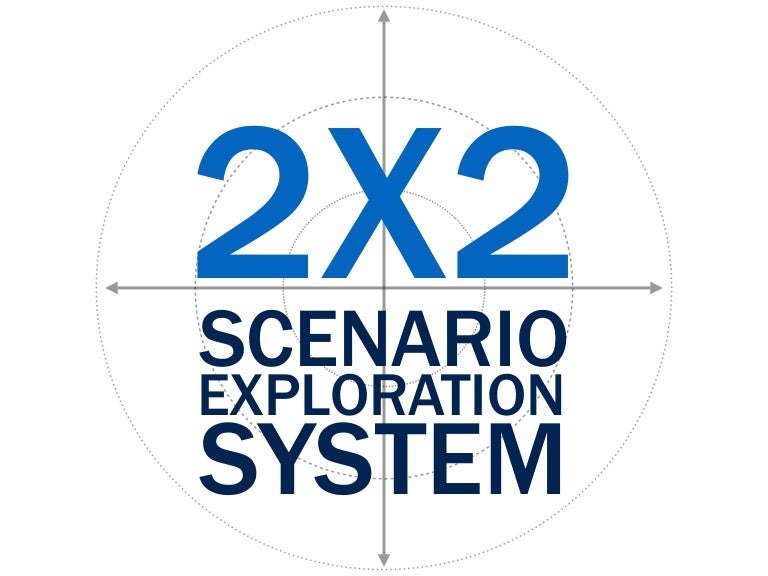
Latour saves the earth once again, this time, at a workshop.
Call for Papers: submit abstracts by 16 March 2015
Workshop: 18-19 May 2015, Cumberland Lodge, Windsor, UK
Since the 1980s Bruno Latour has attempted to supplant the prevailing image of science by proposing a pragmatic and anthropological perspective. According to Latour, scientific practices forge ‘objective’ and ‘accurate’ knowledge that speaks on behalf of the world. Latour has written extensively on climate change and ecological politics, and on the challenges posed by the figure of Gaia for thought and for scientific and political practice. However, he has made limited reference to the specifics of the work carried out by the Intergovernmental Panel on Climate Change (IPCC) and similar institutions involved in mobilising knowledge for environmental governance.
The IPCC is the leading international authority for the assessment of climate change. Formed in 1988 by the United Nations Environmental Programme (UNEP) and the World Meteorological Organization (WMO), the IPCC produces reports that assess and summarise scientific literature on the physical science of climate change, adaptation and mitigation.
The two-day workshop takes as its starting point the idea the Latour’s work can be used to explain and understand the workings of environmental governance, using the IPCC as a prime example.














You must be logged in to post a comment.